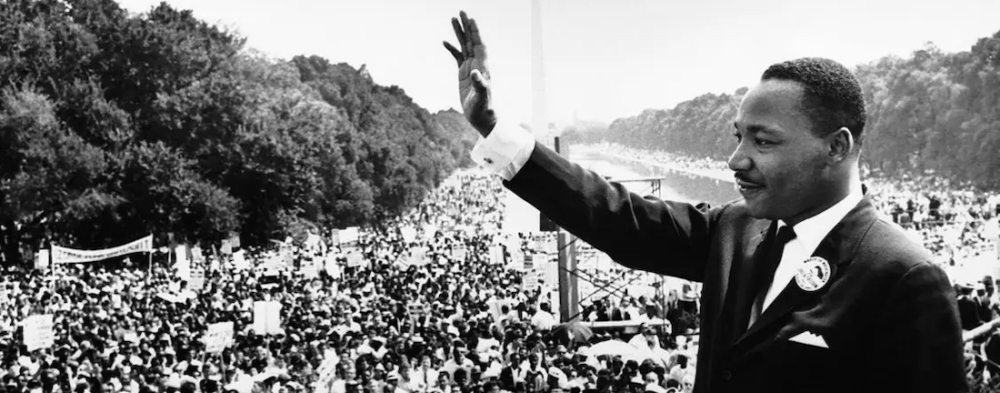
American Culture (Culture – American). A dynamic tapestry woven from the traditions of Native American civilizations, European colonization, African influences, and waves of global immigration.


Characterized by its emphasis on individualism, innovation, and diversity, it has shaped global trends in entertainment, technology, and social movements.
The United States is often seen as a cultural exporter, with its Hollywood films, music genres (like jazz, rock, and hip-hop), and fast-food chains achieving worldwide recognition.
Historical Roots
The foundations of American culture stem from colonial-era values, the Enlightenment, and the struggle for independence.
The Declaration of Independence (1776) and the U.S. Constitution established principles of democracy, free speech, and religious freedom.
The 19th and 20th centuries saw the rise of industrialization, the civil rights movement, and the digital revolution, each leaving an indelible mark on national identity.

Cultural Contributions
- Music: From blues and country to pop and rap, the U.S. has pioneered influential genres.
- Cinema: Hollywood dominates global filmmaking, producing iconic franchises and independent cinema.
- Cuisine: A fusion of traditions, including soul food, Tex-Mex, and fast food like hamburgers and pizza.
- Literature: Works by Mark Twain, Toni Morrison, and Ernest Hemingway are celebrated worldwide.

Social Values
American culture emphasizes meritocracy, entrepreneurship, and personal freedom, though debates persist over income inequality, racial justice, and gun rights.
The melting pot vs. salad bowl metaphors reflect ongoing discussions on assimilation and multiculturalism.
Global Influence
Through soft power, the U.S. spreads its cultural norms via media, technology companies (e.g., Apple, Google), and fashion.
Critics argue this leads to cultural homogenization, while proponents highlight cross-cultural exchange.
